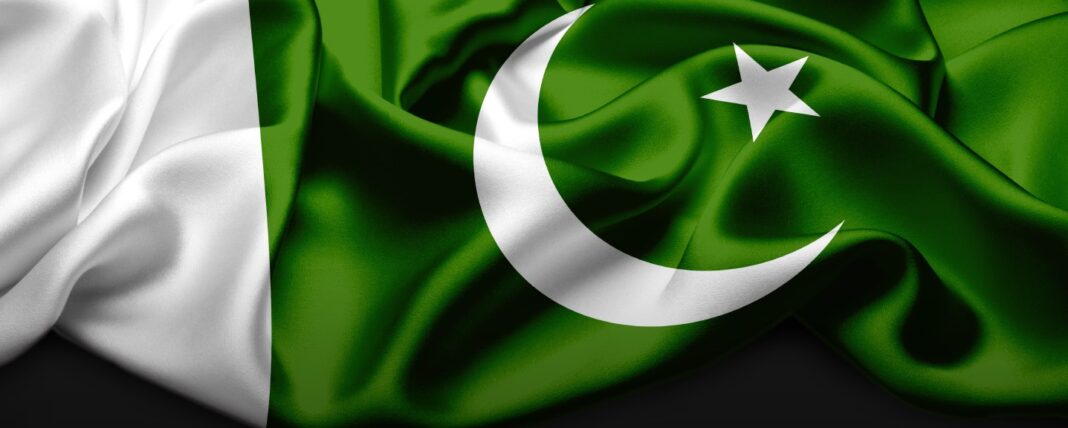For a few million Pakistanis, the state has never been there, never protected them or treated them as citizens, or given their fair share of development.
They are the minorities–in Pakistan, those who are not Sunni Muslims fall in this category of citizens whose legitimacy and loyalty is questioned almost every day. Right from Independence, the minorities have lived like colonised citizenry. Those who were not Muslims faced the worst humiliations.
Today, when the country is going through multiple crises, all very critical, the minorities face the worst brunt–they face hostile traders when it comes to finding food, last in the line when it comes to help for flood rehabilitation, and the state punishes them brutally for every step out of line.
There has been no let up of persecution for these millions, be it Imran Khan or Shehbaz Sharif. The Human Rights Commission of Pakistan, in its latest report, A Breach of Faith: Freedom of Religion or Belief in 2021-22, pointed out how the state and its agencies during the last one year looked the other way as minorities went through forced conversions, desecration of places of worship and increasing marginalisation in all spheres. In 2021 alone, about 60 cases of forced conversions were reported, seventy percent of them being girls. Forced conversions are a convenient term used for abduction, rape and forced conversion of young Hindu and Christian girls.
The second most heinous human rights violation where the state plays a key role is that of blasphemy. For decades, minorities have suffered draconian laws in the name of religion. In 2021, according to the HRCP, there were at least 585 cases of blasphemy registered by the police. These numbers are far lower than the real ones. Officially, over a hundred persons were lynched by mobs or killed like former Punjab Governor, Salman Taseer.
The state and its agencies have played a complicit role in these killings and punishment. Laws were brought in to make the punishment severe–death penalty is the most commonly sought punishment. Other laws, like the recent one enacted by the Sharif-led coalition government in January this year extended the scope of the draconian law by adding more holy names. Within a few weeks of the new law, a man, accused of blasphemy, was dragged out of the police lockup, brutally killed and then set on fire in Punjab. It is one of the several cases that were witnessed in the recent past.
The Ahmadis happen to face maximum harassment and persecution from the state and people. For long, they have been barred from referring to themselves as Muslims and following traditions related to faith. Their graves have often been dug up. Their places of worship have been attacked at random. At least half of online hate speech is directed against Ahmadis.
But it is not only Ahmadis who have been targeted. Hindus and Christians have been targets of hate speech, religious bigotry and persecution since Independence. One horrendous incident against Christians was recalled in a major newspaper recently. Twenty-six years ago, in Shanti Nagar village, Khanewal district, Punjab, Christian families were attacked, their houses burnt down and properties looted. It was termed as Pakistan’s darkest tragedies.
In February 1997, Christians protested the desecration of their holy book–the villagers had complained against a police officer who had stomped and kicked the Bible. When the police officer was suspended, the Christians heaved a sigh of relief.
But their joy was short-lived as, a few days later, few burnt pages of Koran were found inside a mosque near Shanti Nagar. The torn holy pages bore the name of a local Christian. The Muslims were enraged and maulvis let loose a stream of hatred from mosques. In a short time, over 30,000 Muslims had gathered in the village, and in a few hours, eight village settlements of Christians were burnt down. The destruction was widespread and shocking –in total, 14 churches, 5 pastors’ houses, 125 shops, 598 victim families, 24 vehicles and tractors, 5 tube wells and 2 schools were set ablaze and turned into a heap of ashes. In addition, 8,574 Christians lost their homes, and 785 houses were burnt.
Nothing has changed since then–minorities continue to be the victim of the state and its callous attitude towards citizens who are not Sunni Muslims. It is not the climate or economy that is threatening the existence of Pakistan but the destruction of the social fabric that will pull the country down, all in the name of being a radical Sunni state.

